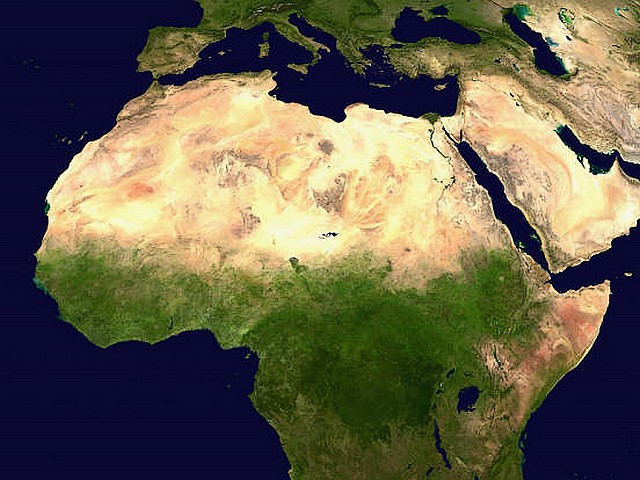Yep. Tolkien would say the exact same. He hated putting intentional allegories in his work, but believed authors were subject to them nonetheless. Basically, he believed authors should focus only on writing an engaging story and the allegories would come together naturally as a byproduct of that process.
An example of a statement he would've hated is "The Ring is a metaphor for nuclear weapons." An example of a statement he would not hate is "When veiwed as a metaphor the Ring can teach lessons about nuclear weapons."
Precisely what I was driving at! The line between allegory, and broader, thematic symbolism, from which we may draw interpretations, and apply them to our own condition, is often very poorly defined. Heavy-handed metaphors can have limited appeal.





